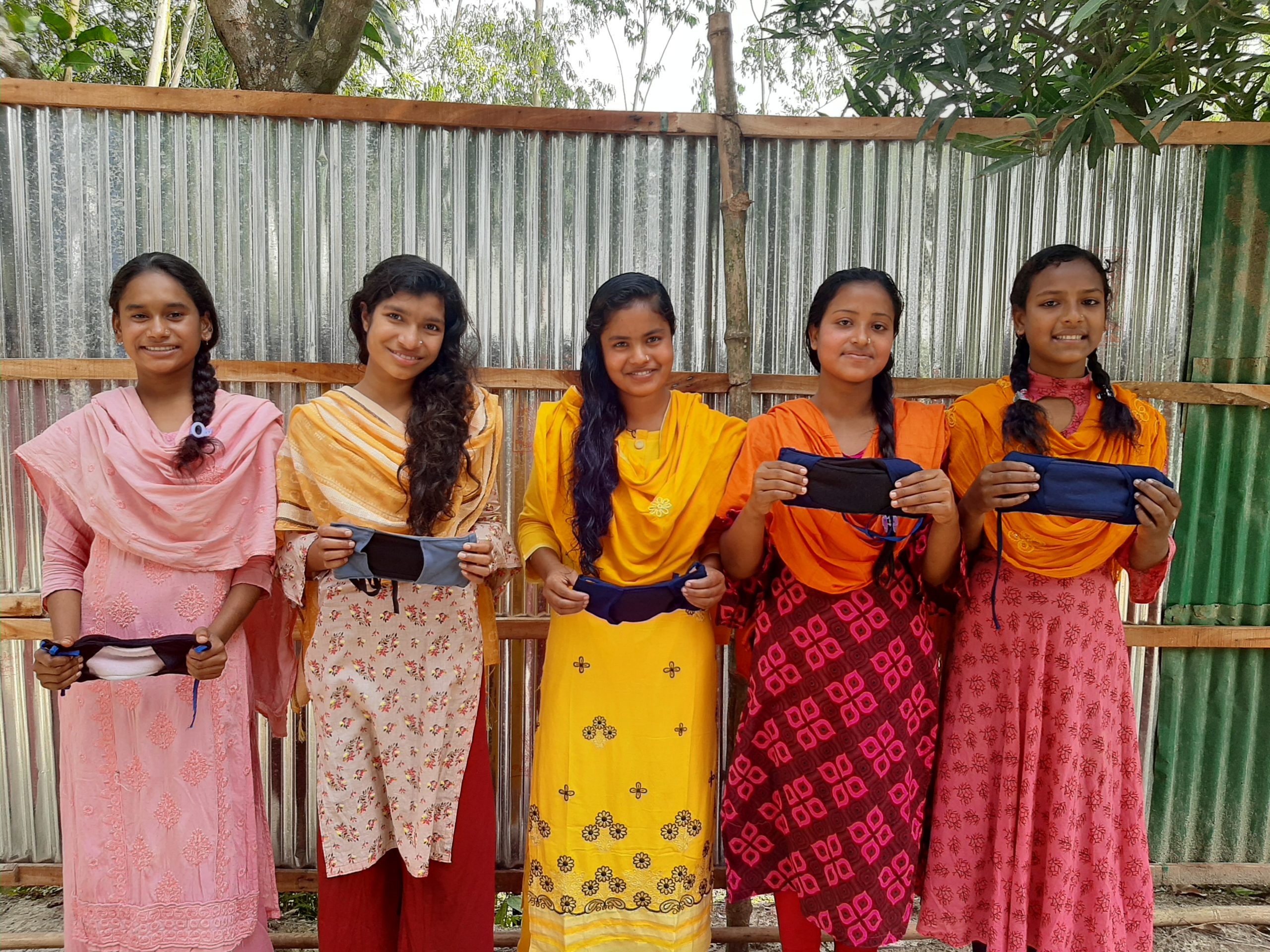Period poverty and menstrual health are pressing issues that continue to affect millions of people worldwide. However, the impact is particularly profound in the Global South, where limited access to resources, inadequate education, and social stigmatization exacerbate the challenges faced by individuals who menstruate.
Understanding Period Poverty in the Global South
Each day, around 800 million people between the ages of 15 – 49 are menstruating. Period poverty, similar to other manifestations of poverty, can have profound and debilitating consequences. It encompasses various challenges that impact individuals emotionally, physically, and mentally. With over half of the global population comprising menstruating individuals, it is imperative that period poverty becomes a shared concern for all.
Period poverty refers to the lack of access to menstrual hygiene products, adequate sanitation facilities, waste management and proper information and education about menstruation. Many individuals in the Global South cannot afford or easily access sanitary pads, tampons, or menstrual cups. This lack of access often results in individuals resorting to unhygienic alternatives like rags, newspapers, or leaves, putting their health at risk. Another important aspect of period poverty is the impact on education and opportunities for women and girls. When individuals do not have access to menstrual hygiene products or proper sanitation facilities, it often leads to disruptions in their daily lives, including attending school or participating in work activities.
For young girls, the lack of access to menstrual products and adequate facilities in schools can lead to absenteeism and dropout rates. This not only affects their educational attainment but also perpetuates a cycle of poverty and limited opportunities. According to a report by UNESCO, in some countries, girls may miss up to 20% of their school year due to menstruation-related issues.
Furthermore, the stigma surrounding menstruation can have profound psychological and social effects on individuals. The silence and shame associated with periods can lead to feelings of embarrassment, low self-esteem, and isolation. This not only impacts their mental well-being but also hinders their ability to actively participate in social and economic activities.
This is exacerbated by inadequate sanitation facilities. Insufficient sanitation facilities, including clean toilets, water supply, and waste management systems, further compound the challenges faced by those who menstruate. This lack of infrastructure makes it difficult for individuals to manage their periods safely and with dignity. Moreover, societal taboos surrounding menstruation in the Global South contribute to a general lack of awareness and misinformation. Insufficient education on menstrual health perpetuates stigmatization and inhibits discussions around menstrual hygiene and reproductive health.
Finally, a significant impact is also that of socioeconomic factors. Poverty and gender inequality exacerbate the challenges faced by individuals who menstruate. Limited financial resources make it difficult to afford menstrual products, while social norms and discrimination hinder opportunities for education and economic empowerment.
Addressing Period Poverty and Menstrual Health in the Global South
To address the challenges posed by period poverty some possible solutions should be considered. Starting from the provision of menstrual hygiene products. Governments, NGOs, and private entities should work together to ensure the availability of affordable and accessible menstrual hygiene products. Initiatives such as subsidized or free distribution, community-based programs, and innovative solutions like reusable pads and menstrual cups can help overcome financial barriers. At the same time, it is fundamental to work towards the improvement of sanitation infrastructure. Investment in sanitation infrastructure, including the construction of clean toilets, access to clean water, and effective waste management systems, is crucial for maintaining menstrual hygiene and protecting the health and dignity of individuals who menstruate.
Moreover, an important role is played by education. For this reason, it would be necessary to provide comprehensive menstrual health education programs that can help dispel myths, reduce stigma, and empower individuals with the knowledge and skills necessary to manage their periods hygienically. Such education should be integrated into school curricula and extended to community-based initiatives. This could also be paired with advocacy and policy reform to raise awareness about period poverty and challenge social norms that perpetuate stigma. Governments should prioritize menstrual health in policy agendas, allocating resources for research, implementation, and monitoring of initiatives aimed at eradicating period poverty.
Conclusion
Period poverty and menstrual health remain significant challenges in the Global South, with far-reaching implications for the well-being and rights of individuals who menstruate. However, with concerted efforts from governments, NGOs, and communities, these issues can be effectively addressed. By ensuring access to menstrual hygiene products, improving sanitation infrastructure, promoting comprehensive education, advocating for policy reform, and empowering women and girls, we can work towards a future where period poverty and menstrual health are no longer barriers to equality and well-being.

